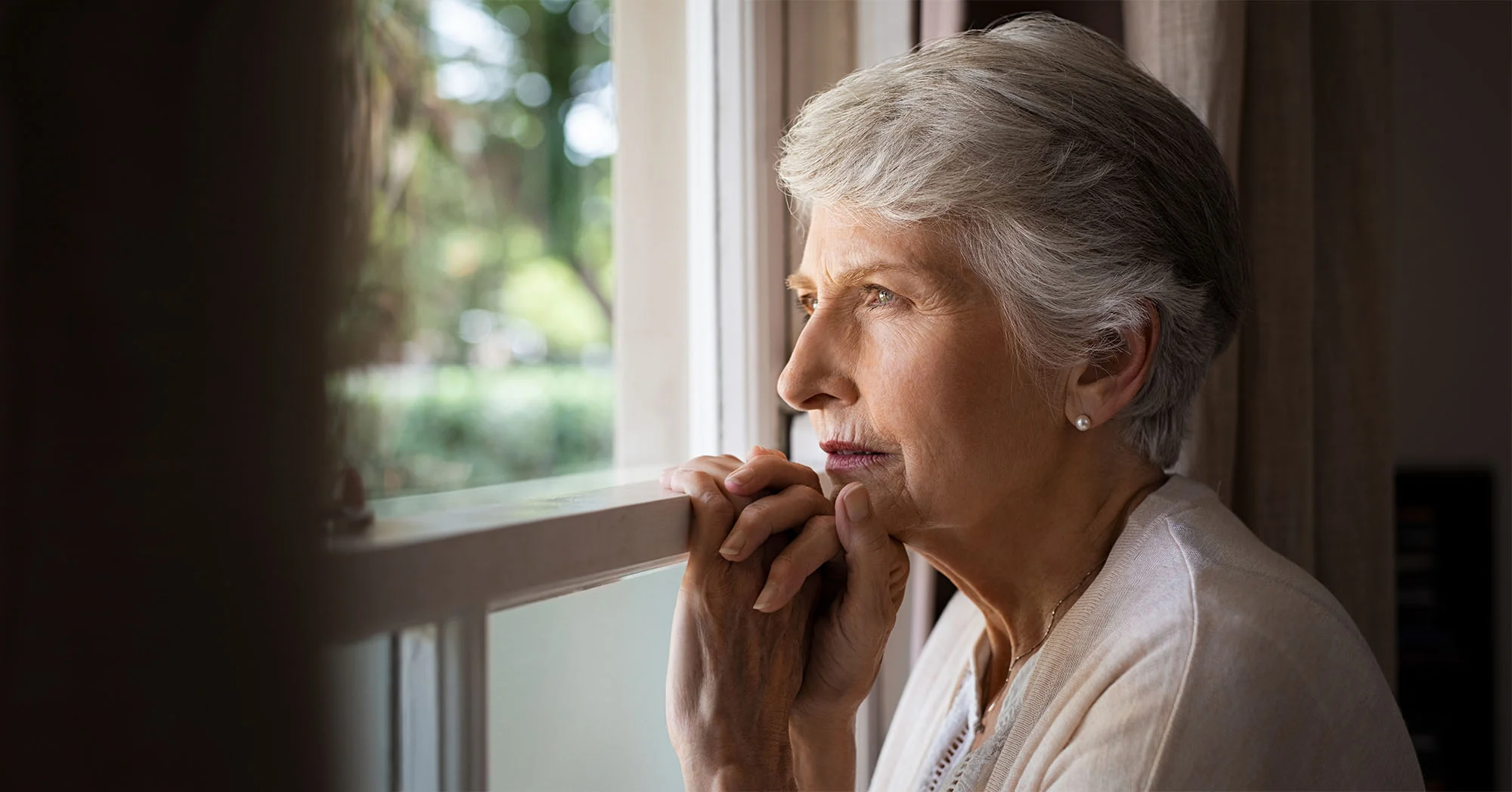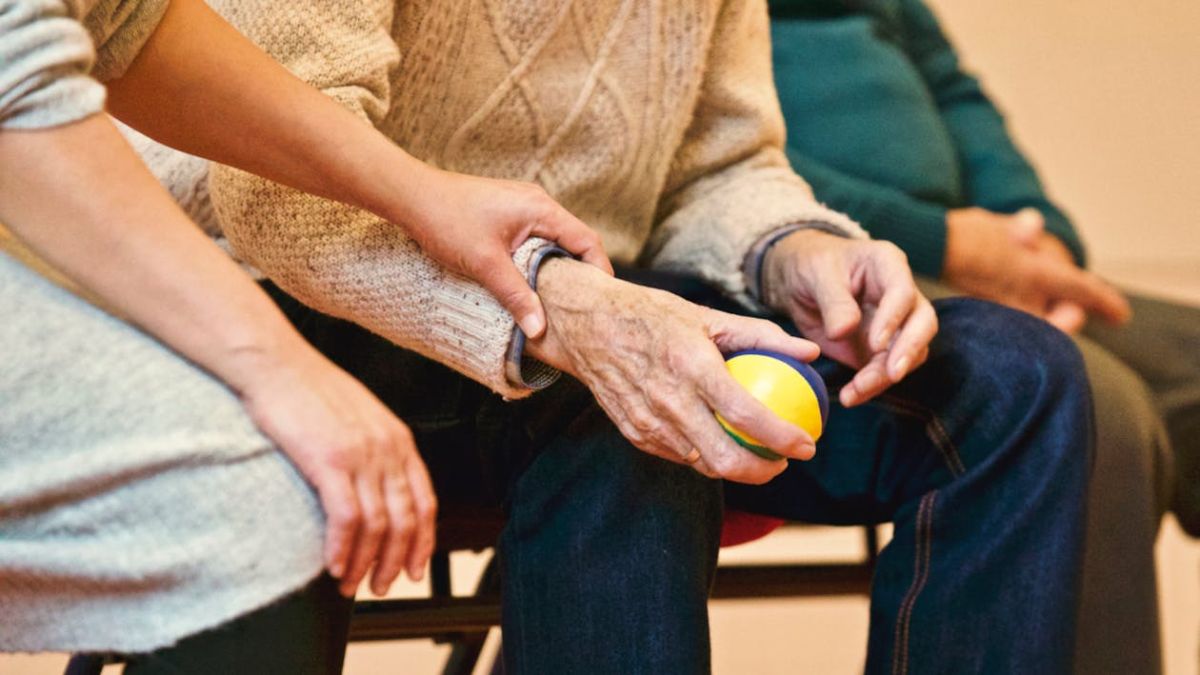Between 2019 and 2030, the number of people aged 60 years or over is projected to grow by 38% (1 billion to 1.4 billion), globally outnumbering youth. This increase will be the greatest and the most rapid in the developing world. With this increasing number should come an increase in attention to the specific challenges affecting older persons. Each year, hundreds and thousands of adults over the age of 60 are mistreated by family members, strangers, healthcare providers, caregivers, and/or friends. The abuse, neglect, and financial exploitation of the elderly is an unspoken, prevalent issue amongst seniors nationwide and internationally.
In the United States, elder abuse is a serious problem. Many cases are not reported because elders are afraid or unable to tell police, friends, or family about the violence. Victims have to decide whether to tell someone they are being hurt or continue being abused by someone they depend upon. The height of the COVID-19 pandemic saw even higher rates of reported emotional and physical elder abuse taking place, with an increase from 18% to 27% as of 2022.
World Elder Abuse Awareness Day (WEAAD) was launched by the International Network for the Prevention of Elder Abuse and the World Health Organization (INPEA) at the United Nations. The purpose of WEAAD is to provide an opportunity for communities around the world to promote a better understanding of abuse and neglect of older people by raising awareness of the cultural, social, economic and demographic processes affecting elder abuse and neglect. This WEAAD, True Care would like to call attention to the signs of elder abuse and strategies to prevent and put an end to this serious problem.
Types of elder abuse
Whether intentional or not, elder abuse may occur as a result of ignorance surrounding the aging process and the needs of elderly people. Abuse and neglect can also result from the false negative stereotype of older adults having no useful role, combined with non-acceptance of the increasing dependence that can accompany old age. Elder abuse can happen in many places, including the older person’s home, a family member’s house, an assisted living facility, or a nursing home. The types of elder abuse include:
- Physical abuse: happens when someone causes bodily harm by hitting, pushing, or slapping. This may also include restraining an older adult against his/her will, such as locking them in a room or tying them to furniture.
- Emotional abuse: sometimes called psychological abuse, can include a caregiver saying hurtful words, yelling, threatening, or repeatedly ignoring the older adult. Keeping that person from seeing close friends and relatives is another form of emotional abuse.
- Neglect: occurs when the caregiver does not try to respond to the older adult’s needs. This may include physical, emotional, and social needs, or withholding food, medications, or access to health care.
- Abandonment: is leaving an older adult who needs help alone without planning for his or her care.
- Sexual abuse: involves a caregiver forcing an older adult to watch or be part of sexual acts.
- Financial abuse: happens when money or belongings are stolen from an older adult. It can include forging checks, taking someone else’s retirement or Social Security benefits, or using a person’s credit cards and bank accounts without their permission. It also includes changing names on a will, bank account, life insurance policy, or title to a house without permission.
These are all forms of abuse that many elders can and do face when receiving care or while under the care of a family member or friend. It can happen to any older adult, but often affects those who depend on others for help with activities of everyday life — including bathing, dressing, and taking medicine. People who are frail may appear to be easy victims. Most victims of abuse are women, but some are men. Likely targets are older adults who have no family or friends nearby and people with disabilities, memory problems, or dementia.
Signs of abuse
Oftentimes, elders experiencing abuse don’t speak up about what is happening to them. They could be restricted by health conditions, threatened by a family member or caregiver, or the signs just aren’t obvious. Knowing the signs of elder abuse can help reduce and spread awareness of this issue. By paying closer attention when visiting an older adult at home or in an eldercare facility, one may notice the person:
- Stops taking part in activities he or she enjoys
- Looks messy, with unwashed hair or dirty clothes
- Has trouble sleeping
- Loses weight for no reason
- Becomes withdrawn or acts agitated or violent
- Displays signs of trauma, like rocking back and forth
- Has unexplained bruises, burns, cuts, or scars
- Has broken eyeglasses/frames, or physical signs of punishment or being restrained
- Develops bed sores or other preventable conditions
- Lacks medical aids (glasses, walker, dentures, hearing aid, medications)
- Has an eviction notice for unpaid rent, notice of late mortgage, or home eviction
- Has hazardous, unsafe, or unclean living conditions
- Displays signs of insufficient care or unpaid bills despite adequate financial resources
Elder abuse can have several physical and emotional effects on an older adult. Victims are fearful and anxious. They may have problems with trust and be wary of others. Many victims suffer physical injuries. Some are minor, like cuts, scratches, bruises, and welts. Others are more serious and can cause lasting disabilities. These include head injuries, broken bones, constant physical pain, and soreness. Physical injuries can also lead to premature death and make existing health problems worse.
Most of the time, elders cannot stop their abuse on their own, someone else needs to step in and help. If a visitor sees signs of abuse, they should try talking with the older adult to find out what’s going on. For instance, the abuse may be from another resident and not from someone who works at the nursing home or assisted living facility. Most importantly, they should get help or report what they see to adult protective services.
Strategies to end elder abuse
There are a number of factors that may increase or decrease the risk of perpetrating and/or experiencing elder abuse. To prevent elder abuse, we must understand and address the factors that put people at risk for or protect them from violence.
- Listen to older adults and their caregivers to understand their challenges and provide support.
- Report abuse or suspected abuse to local adult protective services, long-term care ombudsman, or the police. Use the National Center on Elder Abuse Listing of State Elder Abuse Hotlines
- Look to find your state’s reporting numbers, government agencies, state laws, and other resources.
- Educate oneself and others about how to recognize and report elder abuse.
- Learn how the signs of elder abuse differ from the normal aging process.
- Check in on older adults who may have few friends and family members.
- Provide over-burdened caregivers with support such as help from friends, family, or local relief care groups; adult day care programs; counseling; outlets intended to promote emotional well-being.
- Encourage and assist persons (either caregivers or older adults) having problems with drug or alcohol abuse in getting help.
The older adult population is growing faster in the U.S. than are younger populations. Many older adults require care and are vulnerable to violence perpetrated by a caregiver or someone they trust. More research is needed to uncover the causes for, and solutions to, violence against older adults.
In Conclusion:
If you think someone you know is being abused — physically, emotionally, or financially — talk with them when the two of you are alone. You could say you think something is wrong and you’re worried. Offer to take them to get help, for instance, at a local adult protective services agency. Many local, state, and national social service agencies can help with emotional, legal, and financial abuse. Most states require that doctors and lawyers report elder mistreatment, however family and friends can also report it. Adult protective services of New York State has an emergency hotline anyone can dial. If you suspect abuse, or would like to report it, call 1-844-687-3505 between 8:30a.m and 8:00 p.m.
At True Care, staff are chosen for their character and warm communication. We require more than standard training and prioritize meaningful relationships with all of our clients. Our mission has always been to provide professional healthcare services marked by the utmost respect and commitment to the client and their family. Contact us today or visit our website to explore our safe, home care options for a loved one in need.





